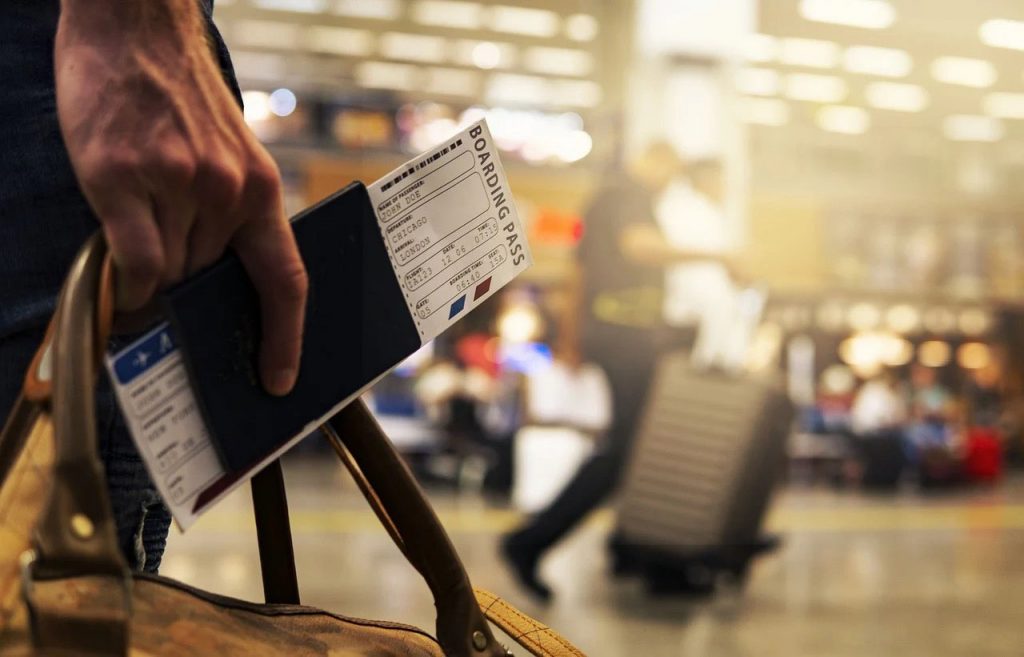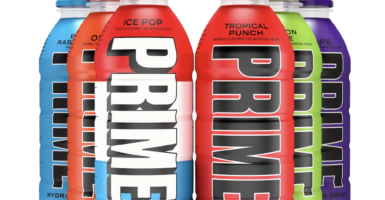Why Air Travel Rewards Will Be Much More Difficult To Earn In 2023
With travel again in full swing, Delta, American, and United Airlines are increasing the spending thresholds for passengers to receive elite rewards, citing reasons related to decreasing overcrowding in lounges and improving the level of service customers receive.
This article is more than 2 years old

Airlines are scaling back the accessibility of several travel rewards and luxury perks on flights. The move comes as the volume of people willing to pay top dollar for the best experience has become difficult to manage. Now, without compromising the appeal of loyalty programs and expensive seats, a lot of folks won’t make the cut in 2023.
Delta, American, and United Airlines are raising the spending requirements to earn elite travel rewards that grant free upgrades, early boarding, and complimentary lounge memberships. Executives say the richer requirements are a result of the pandemic, CNBC reports. Carriers had extended frequent flyer status without the usual annual thresholds as prospective passengers were sidelined.
Meanwhile, people kept earning travel rewards while spending on their relevant credit cards. “We feel like royals even though we’re not rich at all,” vintage clothing store owner Damaris Osorio told the publication. The 27-year-old frequents airport lounges on trips booked with rewards. In 2022, she traveled to Brazil, Chile, Argentina, and Italy on flights paid for with points.
Although Osorio doesn’t care about sitting in the front of the plane, has does have a preference for the American Express Centurion Lounges which is accessible with an Amex card. But she’s not alone. The New York City native says the lounges are getting much busier. So she simply goes as early as possible to maximize her travel rewards.
To curb accessibility, Amex Platinum cardholders will be charged $50 for each guest they bring to a Centurion Lounge. Currently, members are allowed two guests for free. Similarly, Delta will be limiting access to its Sky Club lounges to avoid overcrowding. And United is raising the bar on travel rewards, making free upgrades and waived fees more difficult to earn.
Speaking about the travel rewards policy changes, Delta CEO Ed Bastian said the move aims to address pandemic-era status extensions and the rise of customers spending more for travel. “We’ve got to address that in some way to be fair to everybody,” he told CNBC. “We’re trying to do it fairly because if everyone is special no one feels special.”
Additionally, Delta, United, and American Express have introduced larger airport lounges to accommodate more travel rewards members. American Airlines and its trans-Atlantic partner British Airways opened three high-end lounges at John F. Kennedy International Airport. Almost double the size of previous locations, each is equipped with showers, bars, and more workspace.
“There’s a tremendous demand for it,” American Airlines CEO Robert Isom said at the JFK lounge opening via CNBC. “We’ve got to make sure that we are taking care of customers, how they want to be taken care of,” he added about travel rewards members. Several full-service carriers have also moved away from long-haul first-class cabins in favor of more premium economy seats.
For the airlines, too many high-spending travel rewards members are a good problem to have. Especially since the pandemic drove business into a $35 billion ditch despite taxpayer aid. Airlines are finally making money again, with people who are willing to pay more for extra space or privacy on their trips.





